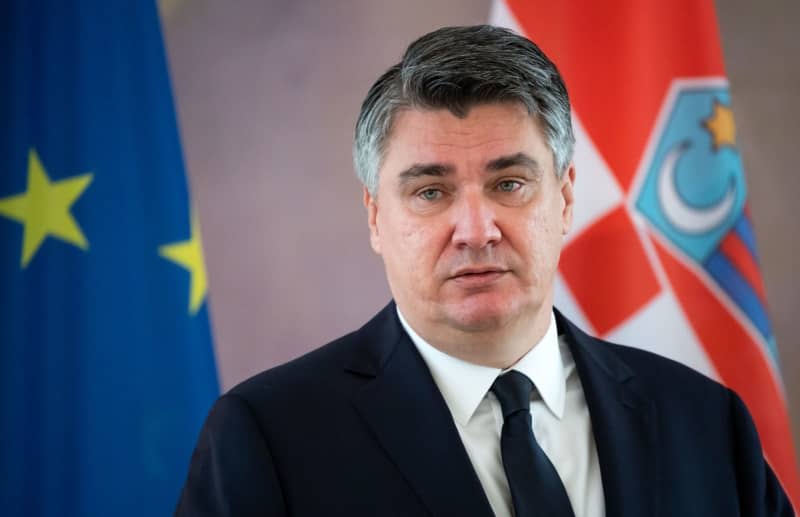Projections: Ruling party in Croatia ahead in parliamentary elections

- Oops!Something went wrong.Please try again later.
The Croatian Democratic Union (HDZ) of Prime Minister Andrej Plenković became the strongest force in parliamentary polls in Croatia on Wednesday, but fell short of an absolute majority, according to projections based on preliminary results.
After 31.7% of the ballots had been counted, the HDZ and its four allies had received 37.3% of the vote, or 65 of a total of 151 parliamentary seats, the central election commission said in Zagreb.
The left-liberal Rivers of Justice opposition alliance, which is close to President Zoran Milanović, came second with 41 seats and 26.1% of the vote, the preliminary partial results showed.
Third place went to the right-wing nationalist Homeland Movement with 10 mandates, representing 6.4% of the vote.
Voter turnout came close to a record: two and a half hours before the polling stations closed, it was already at 50.6%, which was higher than the overall turnout in the previous elections in 2020, which was 46.9%.
Voters were casting their ballots in elections marked by a bitter rivalry between Milanović, a Social Democrat friendly towards Moscow, and conservative Plenković.
Milanović made a surprise announcement a month before the elections that he would seek the post of prime minister as the head of the Social Democratic Party of Croatia (SDP). As president, he has made right-wing populist and pro-Kremlin remarks.
Milanović's crude insults of political opponents as "gangsters" and "parasites" have earned him the nickname "Croatian Trump."
Croatian voters had been set to go to the polls in the autumn.
Observers believe that Plenković, who only had a narrow majority in parliament before it was dissolved in March, wanted the snap election to forestall the threat of a further drop in popularity.
Plenković has been in office since 2016; the HDZ has been in power for 26 of the 33 years since Croatia's independence.
The incumbent prime minister continued the expansion of corrupt networks in the state and administration begun by his predecessors. In his almost eight years in office, he lost 30 ministers due to corruption scandals.
At the same time, Plenković has positioned himself as pro-Western and pro-European.
With the recent appointment of chief prosecutor Ivan Turudić, who is loyal to the HDZ, Plenković now appears to want to put an end to the fight against corruption and the previously fruitful cooperation with the European Public Prosecutor's Office.
Milanović was prime minister from 2011 to 2015 as the then leader of the SDP. Since becoming president in 2020, he has displayed an increasingly nationalistic, Covid-sceptic and pro-Russian stance. Among other things, he tried in vain to prevent Finland and Sweden from joining NATO.


